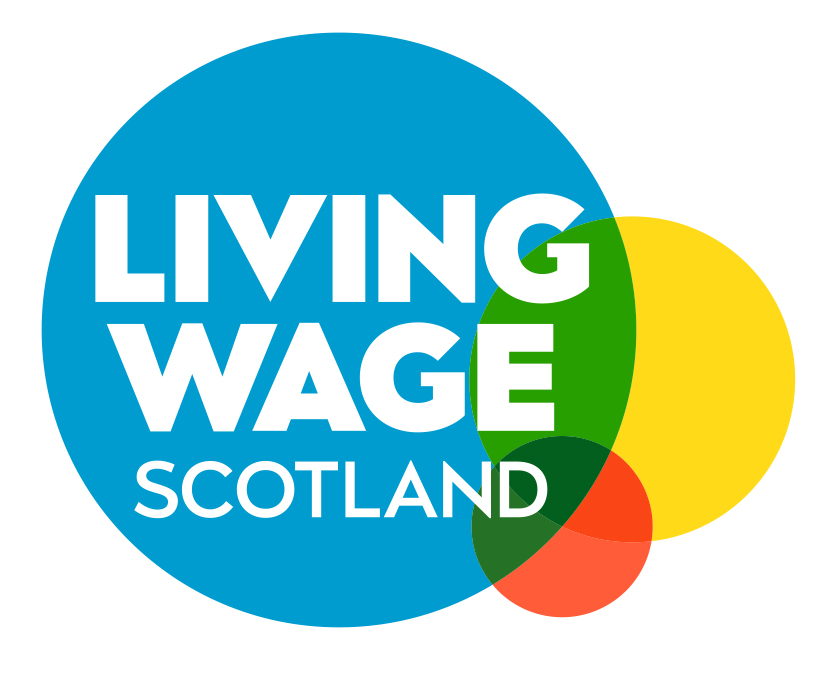By Grahame Smith Fair Work Convention Co-Chair
In this years’ Programme for Government, the First Minister announced that the Government would: ‘Work with trade unions and employers to pioneer new ways of embedding Fair Work practices in all workplaces’ but what does that mean for workers and employers especially during the current global health crisis?
More than ever employees are being asked to work in different ways. Fair Work should be at the heart of finding solutions to the challenges that arise from home working, the management of working time, balancing working and caring responsibilities, and, not least, the requirement for safe and healthy workplaces.
To help achieve this, The Fair Work Convention has published a Fair Work Self-Assessment tool to enable workers to assess how far their work and their workplace match up to the: five dimensions of Fair Work Effective Voice, Opportunity, Security, Fulfilment and Respect. The results will provide workers, individually and collectively, with the evidence they need to identify priorities, to organise, and to engage employers in dialogue on the action required to improve work and workplace practices.
The Self-Assessment tool will also provide the Convention with valuable data that we will use to inform the future actions of the Scottish Government, employers, unions, public bodies, agencies and civil society organisations to embed Fair Work in our recovery and as a driver of positive change and shared benefit
In these exceptional times adopting a Fair Work approach is more important than ever. We have made great strides in Scotland in placing Fair Work at the heart of our approach to public policy, including our response to the COVID 19 pandemic. But there remains much to do if we are to achieve our vision that, by 2025, people in Scotland will have a world-leading working life where fair work drives success, wellbeing and prosperity for individuals, businesses, organisations and society.
That a growing number of employers in Scotland are meeting the real Living Wage requirements of Living Wage Scotland is very much to be welcomed. The payment of a wage, set at a level that at least matches the real Living Wage, is an important feature of Fair Work. Uncertain times create additional anxieties for workers and their employers. This is the time to commit further to Fair Work not to retreat from it. That means making greater efforts to ensure security of employment, income and hours. It means more opportunities for workers to acquire the skills and access the support to help them shape and adapt to new ways of working. It means making the health and safety of workers even more of a priority. And most importantly, it means workers having an effective voice in all of the decisions that affect their work and workplace, including through a union, collectively bargaining on their behalf, if that is their choice.
As the Fair Work Convention said in its Statement on the COVID crisis; necessity is often viewed as the mother of invention, and this unprecedented situation will require much creativity and innovation. In all of its dimensions, Fair Work provides important guiding principles for employers, unions and workers as they face new and longstanding challenges together, principles that can influence how we respond to the many challenges to come.
I encourage all workers to use and share our Fair Work Self-Assessment tool, to help shape fair workplaces and the future nature of work and our collective response to economic recovery.
You can find out more about what Fair Work means in this short video
And more about the Fair Work Convention on our website.
Follow The Fair Work Convention on:
Twitter: @FairWorkscot
Facebook: @FairWorkConvention

